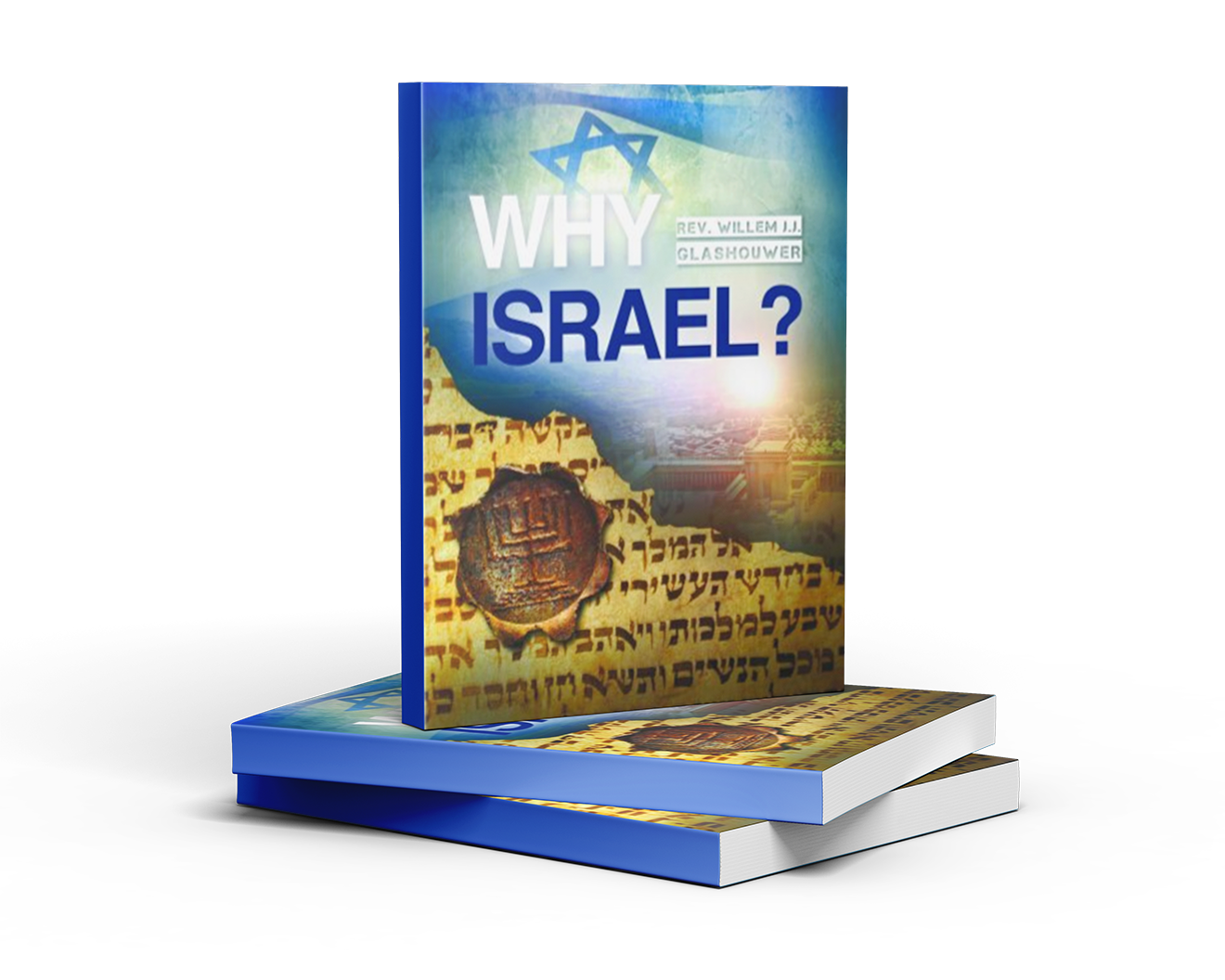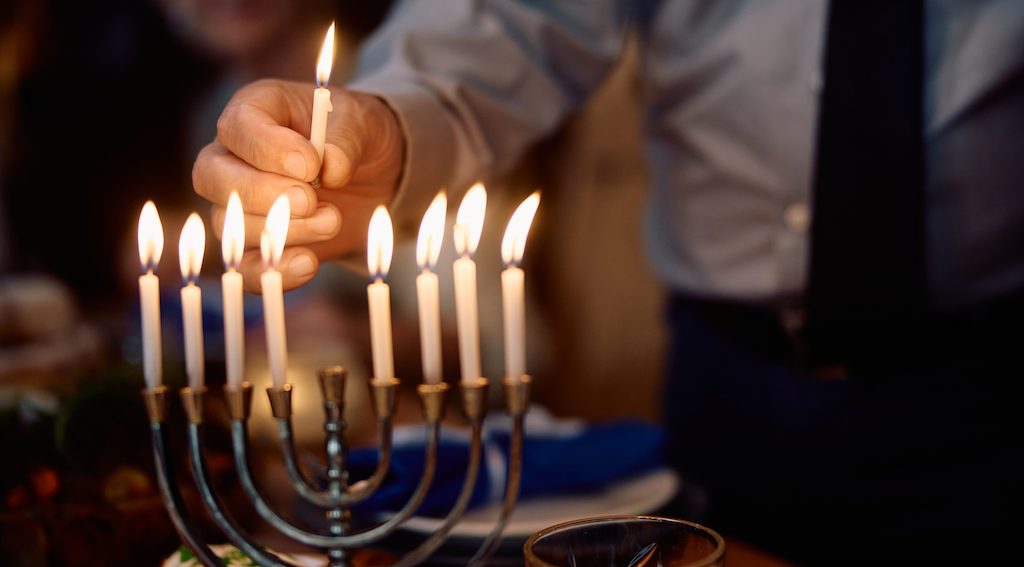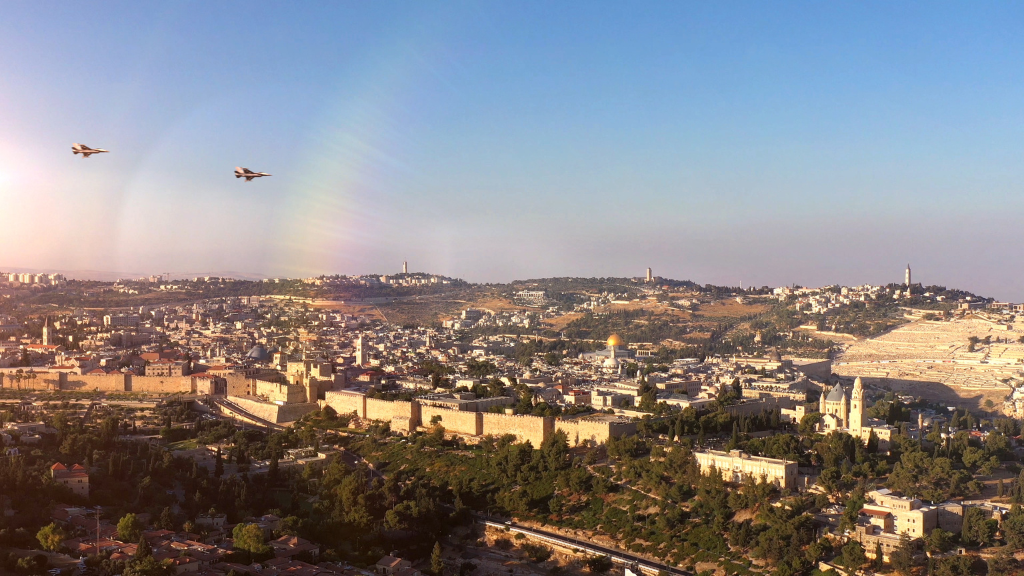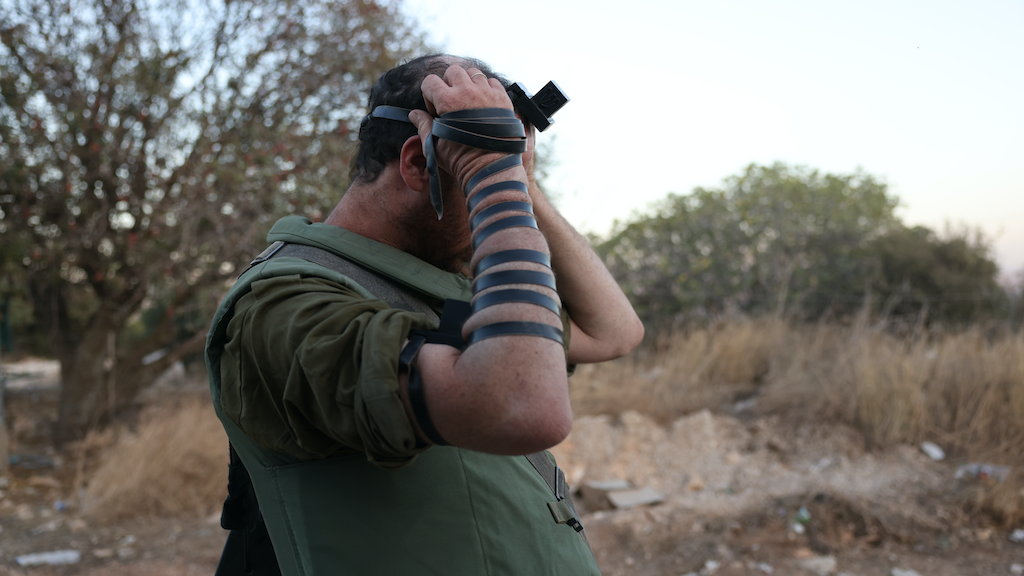Rachel’s Tears (Jeremiah 31 – part 5)

First, we read in Jeremiah the beautiful portrayal of the return of the deportees to Zion; “He who scattered Israel will gather them (…) They will come and shout for joy on the heights of Zion…” (Jeremiah 31:10 and 12). After that the wise men from Israel will tell why the children of Israel return.
And they speak of four reasons: Rachel’s tears, Israel’s repentance, developing a deeper understanding of God’s Word and the faithfulness and mercy of the Lord (Jeremiah 31:15-20). We know the words about Rachel’s tears from the Massacre of the Innocent. There too Rachel weeps because her children are not there anymore, says Matthew the evangelist. But here we are dealing with the exile. Rachel sees the Jews leave for Babel, as it were from her grave. Jerusalem is destroyed, people died of hunger, of illness and because of the violence of the war and those who survived were captured and carried off. She sees the long rows of tied men, women and children walking down the road and Rachel weeps.
But if you listen a little bit more careful, you hear her weeping for her own children. Not just for Judah, but more even for Efraim, for Menashe and Benjamin. The people from Judah will return after seventy years, but what has become of the others? They are no longer here.
The second thing we hear is that she weeps to God. And it is God who tries to comfort her with the promise that they too will come home. They are not vanished. God knows all His people’s children and also the tribes of Joseph will come home.
Did it touch us?
What really touches me is that Rachel’s tears are wept for her own children. And that she refuses to be comforted while they are gone. And I think: in the Church we speak about conversion and humility – and that is good – but actually, we avoided Israel’s suffering. And to name the deepest suffering straight away: the Shoah (Holocaust). It didn’t affect and change the Church. We shout with joy to our heart’s delight. We are concerned whether the Church will manage and whether we will manage ourselves. But we didn’t look, filled with confusion and bewilderment at the tears of Rachel.
And now too is the question, wouldn’t it be good to share the deep longing, Rachel’s deep longing until her children are there, all of them? Towards God as well? That there is a holy unrest in every worship and that a stammer remains until everything that God has promised is fulfilled? Maybe even a standstill, an emotion when our eyes shift from the cross to the empty grave and the face of Rachel, who refuses to be comforted.
Gather in
The rabbis suspect that Rachel’s children will be returned by the Messiah Himself. It reminds me of Jesus’ words, who says that at His return He will send out His angels to collect the chosen ones from the quarters of the world. And then, when they are there and He ascends His throne, God will wipe the tears from their eyes. Maybe even first from Rachel’s eyes.
Why Israel? by Rev. Willem Glashouwer
Order the book



